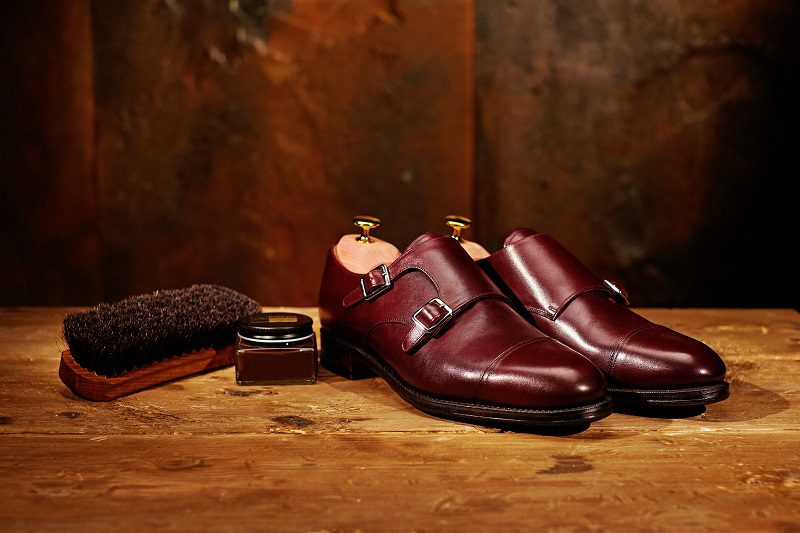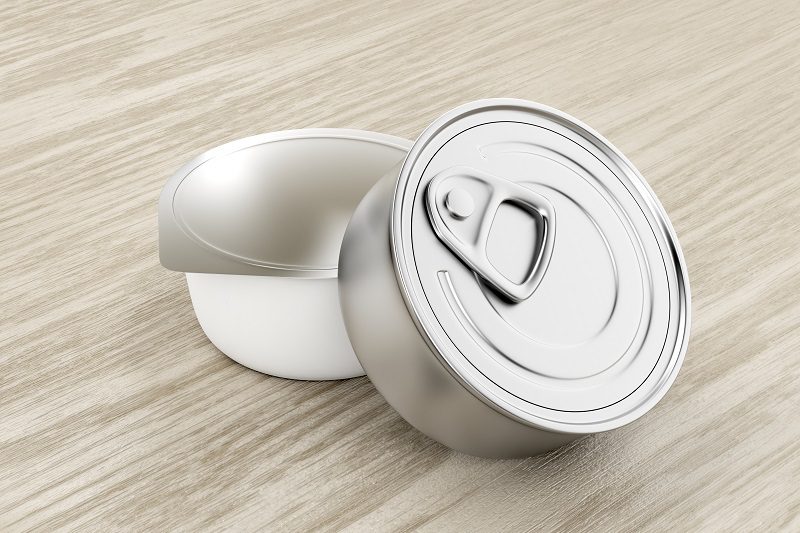Even though the purpose of the attic is supposed to be storage, there are some items that can be easily damaged if they’re kept in an unprotected and forgotten place in your house. Between the extreme temperature fluctuations, the potential for moths, the attic can be a tricky place to store your items. There are some delicate materials that won’t fare well in a location that’s extremely cold in the winter or very hot in the summer.
If you want to take advantage of every square foot and maximize your attic storage without risking any damages, choose only the items that you’ll know for sure will be able to survive in the attic’s harsh environment.
The attic is out of sight and out of mind, which makes it one of the worst spots to storage some of the items below. Here are 10 items you should never store in the attic!

1. Family pictures
Family pictures are memories that you would want to keep forever, that’s why the attic is not suitable for storing them.
Special family pictures and portraits should never be stored in the attic because the temperature fluctuations and the humidity will definitely damage them.
“It’s better to store them in a dry location like your bedroom,” says Suzy Cacic of Better Decorating Bible.
“Big changes in temperature and humidity can potentially ruin your prints for good.”

2. Wood furniture
The humidity and temperature fluctuations will affect the furniture, so it is better to store your wood pieces in a temperature-controlled area or storage unit. The changes in temperature could warp the wood and cause it to crack over time.
“Wood furniture will absorb heat and humidity potentially damaging wood finishes, glue, and the surface of the furniture,” says Becky Rapinchuk, founder of Clean Mama and author of Clean Mama’s Guide to a Healthy Home.

3. Important documents
Especially when it comes to personal documents, such as birth and marriage certificates or other important diplomas you might have, it’s important to keep them in a safe place. The attic is not a safe place for storing important documents, they could be damaged by mice, mold, heat fluctuations, mold, and humidity.
“Birth and marriage certificates, diplomas, and other important documents need to be stored in a safe place like a filing cabinet in your office or fireproof safe,” says Cacic.

4. Batteries
Potentially flammable objects like batteries, aerosol sprays, and bug repellent are just some of the objects that need to be stored very carefully if you don’t want your house to catch on fire.
“Temperature fluctuations can create a dangerous situation,” says Leslie Reichert, author of The Joy of Green Cleaning.
Batteries and other flammable objects must be stored in a pantry cabinet that’s away from stoves and fireplaces.

5. Musical instruments
I know it may be tempting to throw your old guitar in the attic to save some space in your house, with the hope that you’ll find time to play them again, but that’s not the solution. Again, temperature fluctuations are the culprit here.
“Since temperatures are constantly changing in your attic and wood expands and contracts, storing guitars, violins, and other wooden musical instruments here can seriously damage them in the long run,” says Cacic.
Instead, clear off a shelf or find a free space in your closet where temperatures are more steady and dry.

6. Leather goods
All leather items, like purses, shoes, jackets or even sofas should be kept in a dry space, and we all know that attic isn’t the place you’re looking for.
“The heat and cold will remove the elasticity of the leather,” says Reichert, who advises storing these items in a closet, or deposit seasonal items at a local dry cleaner or temperature-controlled storage unit.

7. Books
The same thing goes for books as it did for important documents and family pictures. Books should be kept in a dry place, away from humidity and temperature fluctuations.
“Extreme heat and humidity fluctuations … can damage books,” says Rapinchuk.
Try placing your old or the books you’ve already read on a shelf or in a filing cabinet. If you don’t need them anymore and you know you won’t use them again, make a donation to your local library.

8. Canned goods
The attic is not a pantry for the pallet of tomato sauce you picked up from Costco.
“The heat and cold fluctuations of your attic can damage the vacuum in the can, and you never want to eat food in a can with a popped top,” says Reichert.
“It’s better to store canned goods in a temperature-controlled pantry that’s cool, dark and dry.”

9. Clothing
Finding some free space for off-season clothing can be a challenge, especially if you live in a small apartment or you have minimal closet space. However, no matter what you do, never store your clothes in the attic if you want to wear them again.
“If you don’t like mold and that musty smell growing on your clothes, better not store them in the attic,” says Cacic.
“Instead, place them in vacuum-sealed bags and slip them under your bed for easy storage.”

10. Electronics
Do you know how your iPhone immediately shuts down when you accidentally leave it in your car? Now think about your old laptop, TV, or camera stored in your attic without heat or air conditioning.
“Most electronics can now be easily recycled, but if you have one or two that you’re not quite ready to get rid of, store them in an even-temperature room that’s free of humidity and heat,” Reicher says.
























